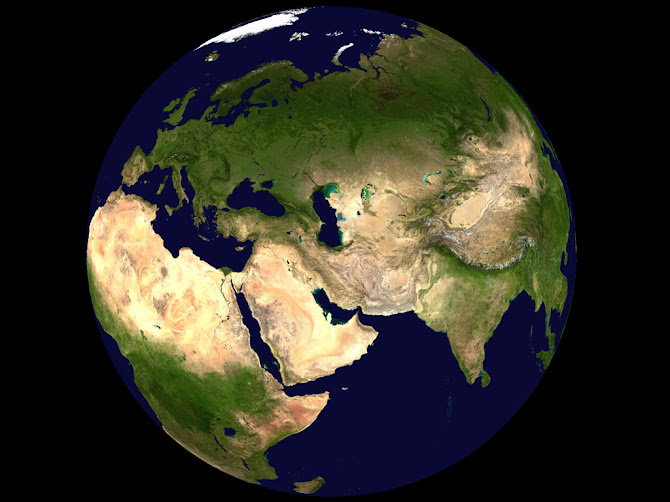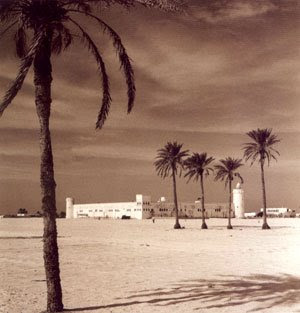
For any person who lives in -not visits- The Emirates the place has a unique cultural vibe to it.
Today, and as of August 2008, The Emirates has 3 major cultural groups. The division is based on political, economic, and social commitment and investment in The Emirates. They are put in order of highest commitment and investment in The Emirates as follows:
1) The Locals -i.e. the citizens of The Emirates. Naturally, this group is the most committed to the prospects of life in The Emirates and invest the most in its political, economic, and social future and stability. For that, most government initiatives -e.g. environmental benefits, medical care programs, salary increases...etc- start with this group before being extended to all groups.
2) The second group is the MENASA group, which refers to the major cultural group in The Emirates. It includes people coming for employment purposes from the Middle East, North Africa, and South Asia (thus the acronym). This group is the largest demographic group in size and the primary generator of everyday economic life in The Emirates.
People of the MENASA group and the Locals hold very different views on issues such as legitimate state leadership, government role, language, political loyalties... etc. Unfortunately, these legal and culture-specific differences are viewed as a challenge when attempts are made to create a hybrid cultural future for The Emirates.
3) Finally, there are the Western Guests. They make up a small-but-influential cultural group. It mainly includes people from Western Europe, North America, and Australasia. Many members of this group help design and implement the strategy for The Emirates' future. However, there seems to be a strict adherence to the guest worker attitude within the majority of its members. In general, this group invests the least in The Emirates compared to the other two groups.
In this blog we will be looking at various issues in The Emirates given this division of the 3 major cultural groups. Learn their names for future reference (Locals; MENASA; Western Guests).










